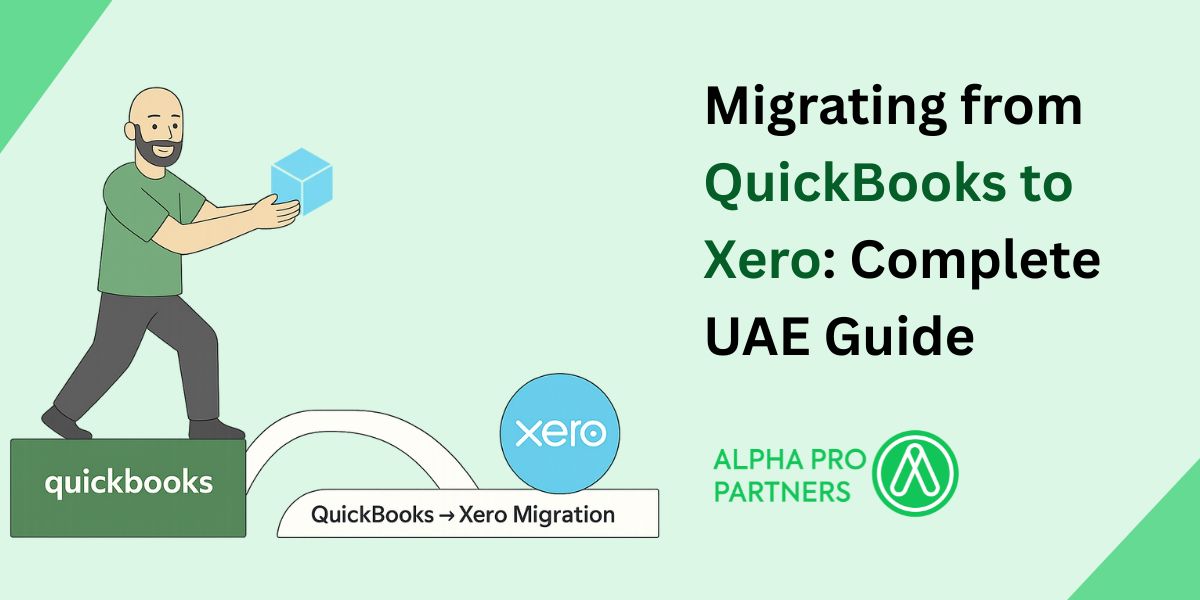Why Small Business need Bookkeeping and Management Accounts

Bookkeeping and Management Accounts are vital to Small businesses in managing limited resources to grow and develop. Cash is generally known as king and business owners cannot rely on producing self-made profit and loss accounts or relying on checking bank balances alone when making crucial business decisions. Recording financial transactions accurately and timely AND in tandem with producing regular profit and loss, balance sheet, and cash flow reports by accounting principles works hand in hand when helping business owners manage business decisions with limited resources. Only a Qualified Accountant with experience in understanding the needs of a small business should be sought to help with these needs.
Bookkeeping
What is bookkeeping? The Bookkeeper’s task is to ensure that all accounting and financial transactions are recorded accurately and timely. Accuracy is important because if transactions are recorded using the wrong classification then the data will be interpreted incorrectly. If the transaction is not recorded timely this can cause incorrect variations on reports on a month on month basis. For example, if sales revenue for the 31st of December 2015 is recorded on the 1st of January 2016, then the sales for 2015 will be understated and the revenue of 2016 will be overstated. Transactions, which are recorded by the bookkeeper, include sales, purchases, receipts, payments, accruals, prepayments, etc. Using cloud-based accounting software such as Xero is crucial to this process as it can make the process faster and simple with scope for automation. Finally, the bookkeeper follows the rules set by the Accountant in recording transactions. This task is repetitive and therefore would need the supervision and oversight of a Qualified Accountant regularly.
Management Accounts
Management Accounts is the process of producing financial reports for the business using the data input from the bookkeeper using a General Ledger. Management Accounts should always be prepared and produced by Qualified Accountants. As a result, they ensure that the data entered by the Bookkeeper is accurate. Management Accounts are essentially unaudited financial statements, which can be prepared weekly, monthly, quarterly, or annually. They are usually made up of a profit and loss report, balance sheet, and a cash flow report but can incorporate other types of reports depending on the business needs. For example, a Consultancy practice would need a report to provide information on client billing or a construction company would need a bespoke report on accounting for assets under construction. Using the bank balance and a basic profit and loss account alone is not a good indicator for a business to help it make commercial decisions. Management accounts can help produce cash flow projections in addition to profit and loss to ensure business decisions do not use incomplete information. Management accounts can also help identify areas of the business, which are profitable, and/or loss-making to ensure the capital is utilized to its optimum. Management Accounts can also save a business time and money because these reports are also used to prepare year-end audited accounts, tax returns, VAT/Sales tax returns, and keep statutory information as required by the law.
Conclusion
The preparation of Management Accounts assisted with accurate and timely bookkeeping will provide an essential tool that helps small businesses perform their full potential. The lack of useful and reliable financial reports is one of the main reasons why businesses fail. This can usually be avoided if owners organize and structure their financial information in an accurate and timely manner.

.webp)







%20Widgets%2C%20Shortcuts%20%26%20Customisation.jpg)







.webp)
.webp)


.png)
.png)
.png)
.png)
.png)

.png)
.png)



.png)
.png)





.jpg)


.jpg)





.png)
.png)






.png)


